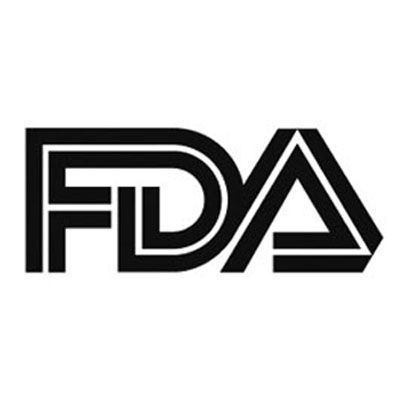Leronlimab Application for Breakthrough Therapy Designation in mTNBC Submitted to FDA
After showing significant improvement in survival, a breakthrough therapy designation application for leronlimab has been submitted to the FDA.

The developers of the CCR5 antagonist leronlimab have submitted breakthrough therapy designation to the FDA for the potential treatment of metastatic triple-negative breast cancer (mTNBC), announced CytoDyn, Inc, in a press release.1
Submission of the application was based on updated results from a pooled population of 28 patients with mTNBC who failed at least 2 lines of previous therapy.
“In our view, these findings provide strong support for our decision to submit an application for breakthrough therapy designation for leronlimab as a treatment for mTNBC. Patients with this horrific disease currently have few, if any, treatment options, and we hope that leronlimab can provide a therapeutic choice for substantially improved clinically relevant endpoints, quality of life, tolerability, and safety over the currently available standard of care [SOC]. We hope to receive a response from the FDA before the end of the year. We are grateful to have already received Fast Track designation for leronlimab for this indication.”
Of the 28 patients included in the analysis, 16 patients were from the compassionate use study (NCT04313075), 12 patients were from the phase 1/2 study of leronlimab combined with carboplatin (NCT03838367), and 2 were from a basket study of leronlimab in patients with CCR5-positive locally advanced or metastatic solid tumors.
All patients in the study received ≥1 doses of leronlimab (range 1-51) by subcutaneous infusion in conjunction with SOC systemic chemotherapy. Nine out of 28 patients received leronlimab dosed at 350mg weekly dose and 19 subjects received the 525-mg or 700-mg weekly dose. Notably, 4 subjects had dose escalation from 350-mg dose level to the 525-mg dose level.
The population had a median age of 52 years (range, 33-84 years). Patients were diagnosed with stage IV mTNBC, and 61% of subjects started with visceral metastases, 21 patients had brain metastases, and 11% had bone-only metastases.
Results from the analysis showed that of the 75% of the patients who exhibited a lower level of circulating cells after leronlimab, 86% of the overall population a 3600% increase in 12-month overall survival (OS), an improvement from the 980% increase shown with the drug in August of 2021 (P = .0004). Further, there was a 580% increase in the 12-month progression-free survival (PFS) compared with the increase of 660% observed in August 2021 (P =.0354).
Looking at the studies individually, treatment with leronlimab achieved a median OS of 12+ months (95% CI, 5.5 to 12+) compared with 6.6 months with SOC therapy and 11.8 months with sacituzumab goveitecan (Trodelvy), an agent granted accelerated approval in 2020 for the treatment of patients with unresectable locally advanced or mTNBC who have received ≥ 2 prior systemic therapies.
In the phase 1/2 study, the combination of leronlimab and carboplatin achieved a median OS of 12+ months (95% CI, 5.4 to 12+).
The median PFS was 6.2 months (95% CI, 2.6-7.5) among patients treated with leronlimab dosed at ≥ 525 mg, which is significantly longer compared to SOC chemotherapy at 2.3 months or sacituzumab goveitecan at 4.8 months.
Response data per RECIST v1.1 were available from 12 patients with mTNBC who had measurable lesions by PET/CT scans at baseline. Ninety-two percent of patients showed stable disease (SD) or partial response (PR) to leronlimab. Responses included PRs in 25% of patients, SD (66.7%), and 8% had progressive disease after the first follow-up scan.
Reference:
CytoDyn submits breakthrough therapy designation application to FDA for leronlimab as a treatment for metastatic triple-negative breast cancer (mTNBC); fast track designation for mtnbc was received previously. News release. CytoDyn, Inc. November 8, 2021. Accessed November 8, 2021. https://bit.ly/3C0e0Q9